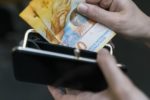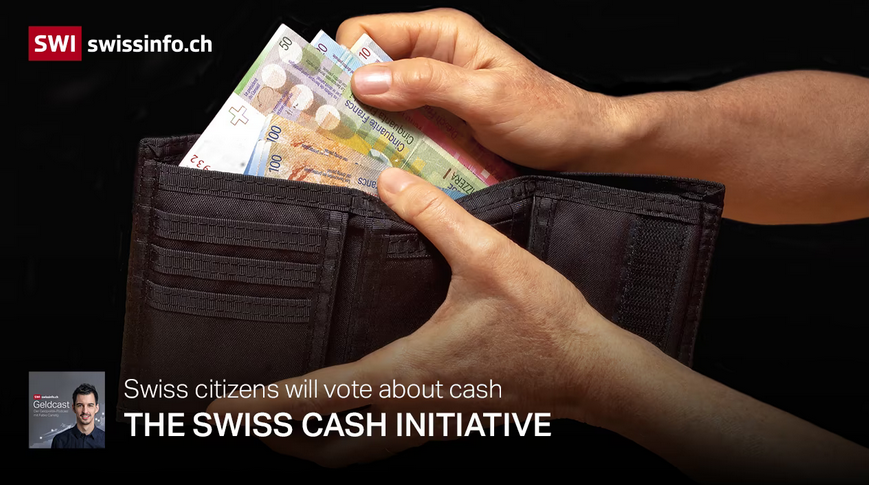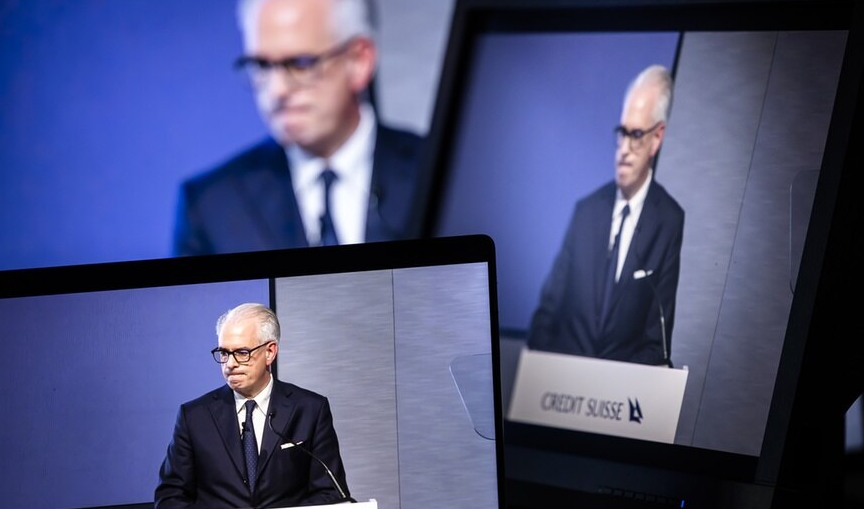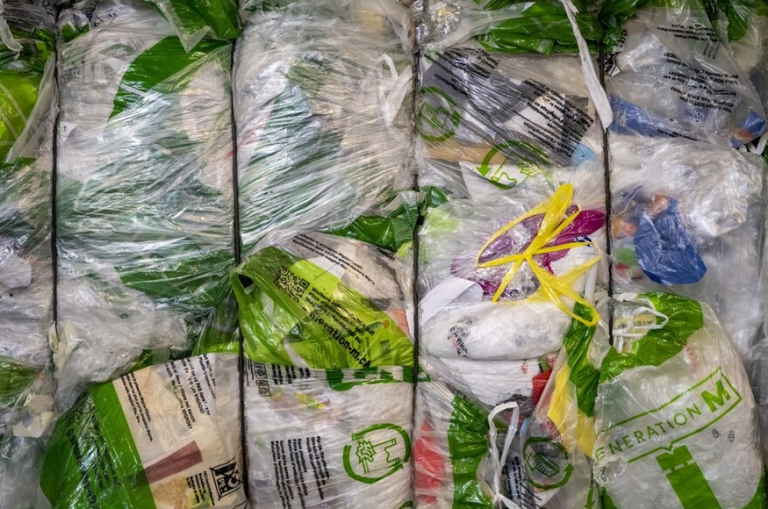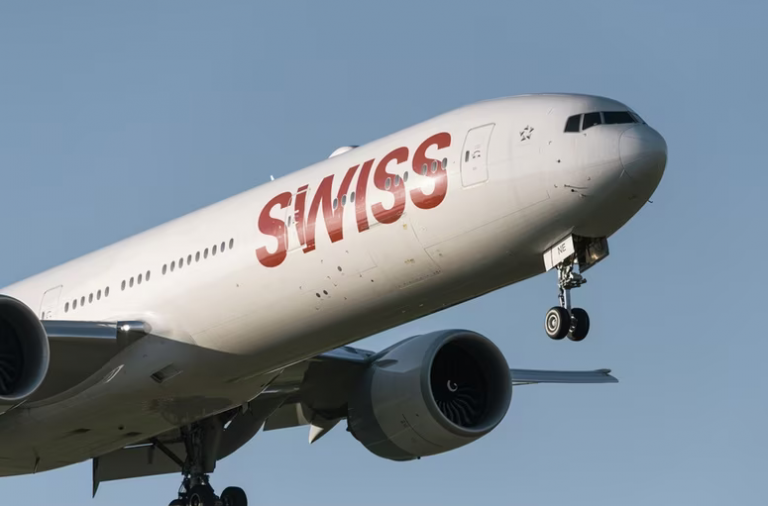The Swiss consumer protection agency says it will file criminal charges against Swisscom for an alleged roaming charge rip-off that is said to have netted the telecommunications giant millions of francs at customers’ expense.
Swisscom has flatly rejected the allegation, saying it does not charge customers fictitious foreign roaming charges that have not actually been charged by other service providers.
The contention is focused on the charges incurred by Swisscom users abroad when messages to unanswered calls are diverted to their voice mailbox (comboxes) via foreign networks. It is therefore common for travelling Swiss mobile phone users to receive hefty bills, regardless of which Swiss service provider they use.
Swisscom has found a way around this problem using a technique known as anti-tromboning. This routes messages to comboxes via the Swiss network rather than the more expensive foreign network.
Sara Stalder, head of the consumer rights group, told the Swiss public television programme Espresso that Swisscom has nevertheless been charging customers exorbitant roaming rates for receiving messages while abroad, despite utilising anti-tromboning. In effect, Swisscom is accused of ‘passing on’ roaming charges to customers that never existed in the first place.
“We reject these allegations,” said Swisscom spokesperson Annina Merk. “Swisscom incurs costs even if we successfully intercept calls [using anti-tromboning].” Merk added that Swisscom is working on a solution to ease the cost for international combox charges for its clients, which it hopes to resolve by the end of this year.
Swisscom’s major competitors, Sunrise and Salt, do not utilise anti-tromboning techniques.
Swiss mobile phone users have for a long time attracted among the highest roaming charges in the world. The problem also affects many tourists who make or receive calls whilst in Switzerland.
Switzerland is trying to patch into the European Union’s “roam like at home” scheme that forces phone providers to slash roaming charges for clients within the EU. Earlier this summer, European Economic Area (EEA) countries Liechtenstein, Iceland and Norway were allowed to join in.
But Switzerland for the time being remains excluded as it is neither a member of the EU or EEA.
swissinfo.ch/mgaFull story here Are you the author? Previous post See more for Next post
Tags: Business,newslettersent






















